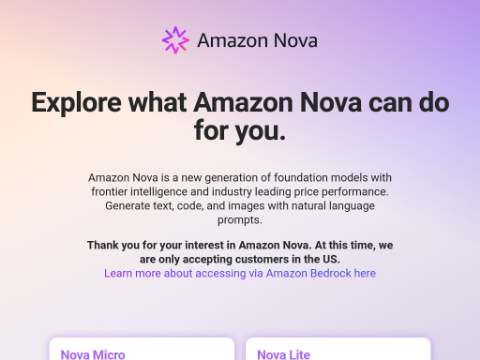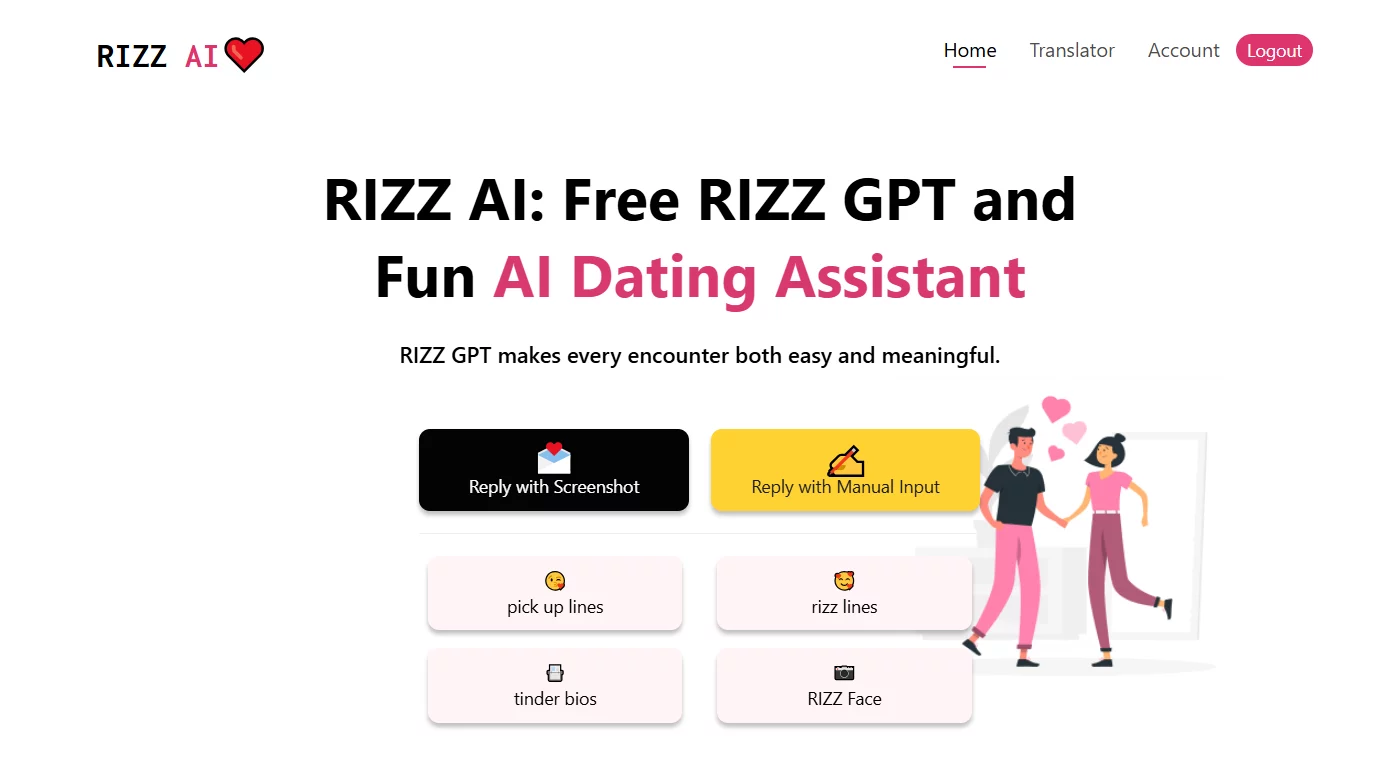At the 2025 Google Cloud Next conference, Google announced significant updates to its data analytics platform, aiming to make data work more conversational, contextual, and intelligent. In an exclusive interview, Peter Bailis, Vice President of Engineering at Google Cloud, explained the strategy behind these developments and discussed what the company calls the "autonomous data-to-AI platform."
Key Points:
- Gemini is now integrated into BigQuery and Looker, supporting code assistance, analytics, and data agents.
- Google has introduced specialized agents for roles such as data engineers and business analysts.
- The new BigQuery Knowledge Engine improves accuracy by understanding context and semantics.
- Real-world customers have reported substantial cost savings and productivity gains.
"Google is the only cutting-edge model provider that has top models across all tracked benchmarks and evaluations while also owning a data stack," Bailis told me. "Our vision is to infuse Gemini's intelligence into data tools and surfaces where data can be best utilized."
Let’s start with the new features. Google has launched agents specifically tailored to different user roles in BigQuery and Looker. Picture a data engineering agent helping build and maintain pipelines, a data science agent assisting with model development in Colab notebooks, and a conversational analytics agent in Looker allowing you to query data using simple English.
These are not just glorified chatbots. They are deeply embedded in your workflows, trained on your organization's data, and grounded in context through the new BigQuery Knowledge Engine, which understands schema relationships, business terminology, and query history.
The term "autonomous" here does not merely imply set-and-forget infrastructure. It means the system can suggest connections, recommend transformations, and display relevant datasets—without requiring you to manually handle CSVs or chase down documents.
Bailis put it this way: "The focus of autonomy is that the platform should make more data accessible to more people without them having to do more work."
The results are impressive. Their SQL and Python code assistants in BigQuery achieved a 60% acceptance rate among thousands of customers—twice what Bailis described as typical for coding models. Usage has grown by 350% over the past nine months.
Why does this matter? Because today, data work is still largely tedious. Much of it boils down to handling repetitive tasks, like remembering the correct formula to parse timestamps into a standard format. "A lot of data work is still grunt work," Bailis admitted, especially in data engineering. "What data do I have? Where do I find it? How do I connect it? How do I clean it? It's repetitive."
The real magic lies not just in having a sophisticated AI model—but in teaching that model to leverage organizational context. Gemini can understand specific data patterns and query histories within a company, making its suggestions more relevant.
"Most logs are never read—unless something bad happens," Bailis explained. "Here, we’re saying there are important signals in logs about each user and their peers."
Google is also targeting unstructured data—images, audio, video, and text often underutilized in organizations. The company is treating it as a "first-class citizen" in BigQuery, enabling unified storage and querying through multi-modal tables alongside structured data.
For businesses considering how to measure success with these tools, Bailis recommends focusing on the time required to complete key tasks for different roles. "Data work ultimately reflects an organization’s priorities," he said. The most compelling metric? "The number of questions asked and answered should increase dramatically."
Beyond Dashboards
The most exciting part of the conversation was about what comes next. Google isn’t stopping at conversational BI. The company envisions data agents that act more like analysts—observing your business daily and proactively highlighting changes.
"Imagine an analyst watching things all day and telling you when something meaningful happens—not just you, but every knowledge worker in your organization," Bailis said.
For Skeptics: Start Small, But Start Now
I raised a big concern in enterprises with Bailis: trust. Many companies remain cautious about incorporating AI into critical business decisions. But his advice is pragmatic—start small. Build internal-facing agents. Set clear instructions. Ground them in semantic models. And layer governance like any other software product.
"You don't have to hand over decision-making to AI," he said. "But you do need to establish a path to use it effectively—meaning creating space for experimentation."








